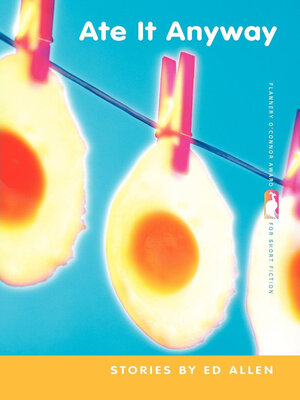
Sign up to save your library
With an OverDrive account, you can save your favorite libraries for at-a-glance information about availability. Find out more about OverDrive accounts.
Find this title in Libby, the library reading app by OverDrive.



Search for a digital library with this title
Title found at these libraries:
| Loading... |
In the limbo bounded by rebellion and resignation, belonging and solitude, Ed Allen's middle Americans seem to be either freely adrift or uncomfortably vested in an exit strategy wholly inadequate for their circumstances. These sixteen darkly humorous stories gauge the tension between what we really feel and what we outwardly express, what we should do and what we manage to get done.
In "Celibacy-by-the-Atlantic," Phil negotiates a lingering, low-intensity regret brought on by the annual family get-together at his parents' beach house, where memories of his aimless, privileged adolescence mingle with forebodings of his aimless, privileged middle age. In "A Lover's Guide to Hospitals," Carl lies in bed, pining over a stillborn romance through a moody, post-op haze of painkillers. As a consoling needle through the heart, the object of Carl's unrequited affections also turns out to be his nurse.
In "Burt Osborne Rules the World," a precocious boy ponders his childhood in "a world protected against anything you could imagine doing to make it more interesting." Sensing that only more of the same awaits him as an adult, Burt charts a different course—as a class clown with a truly toxic sense of mischief. Others, like Lydia in "Ralph Goes to Mexico," assert their individuality more effortlessly, for they're just too naturally odd to be cowed by convention. Lydia's dilemma is whether she should have her leukemic cat stuffed and mounted or turned into a hat after he dies.
These lyrical tales celebrate the ordinary—and the not so ordinary—with a flourish of Nabokovian wit that combines grandeur, kitsch, and the author's broad empathy with his characters.






